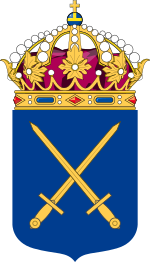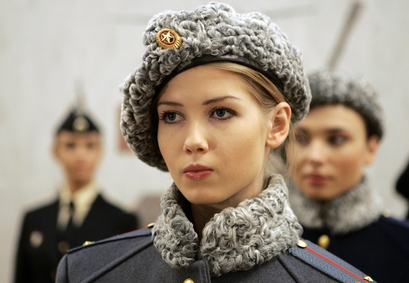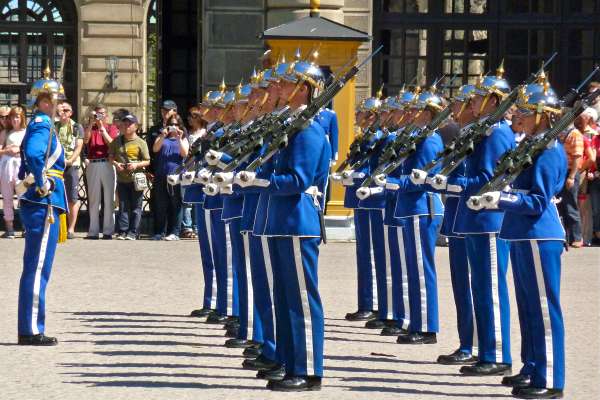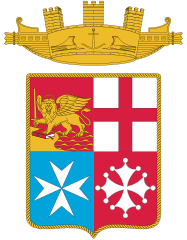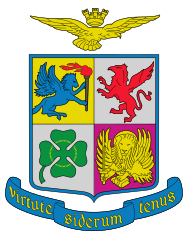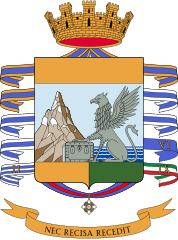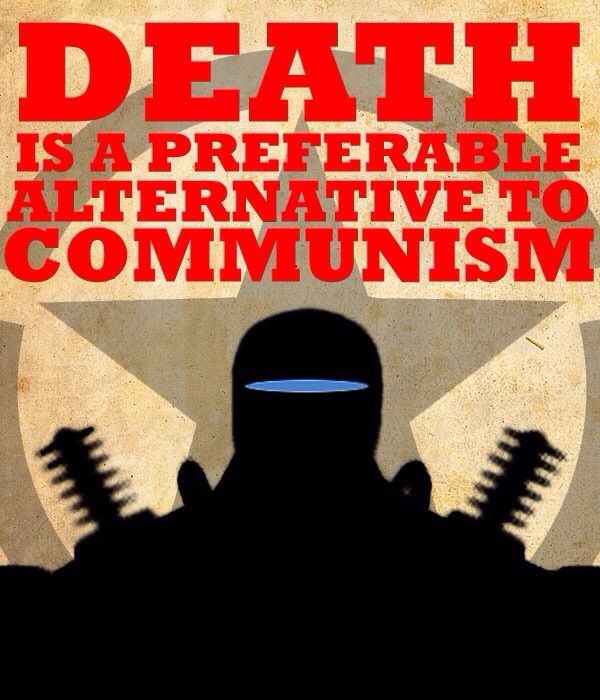Observations on the military operations of Volksrepublik Groot-België
By Walter Spirit, Master of Military Tactics & Logistics, employee of Phoenix Corporation
Note: This document and all information contained herein is the private property of Phoenix Corporation. Unauthorized reproduction will result in forceful correction. Ownership is civilization: without it, we are back in the swamps.
I WAS DISPATCHED this past year to conduct a thorough investigation on the internal affairs, particularly of a military nature, in the People's Republic of Greater Belgium - or Volksrepublik Groot-België by their own tongue. The recent certification of the Steel Compact has been expedient in opening these new avenues of knowledge and, ever a diligent servant of the Phoenix group, I have been working to uncover the secrets of VGB operational command.
The first and perhaps most important thing to mention is that the entirety of VGB command, despite its ostensibly democratic, militia-like nature, is consolidated in a single individual: that shadowy entity known only as Big Sister. Though even in my privileged position I never was able to meet or see Big Sister personally, nightly she addresses the government and the public via a loudspeaker system that bedazzles Brussels, with a cool and dispassionate voice. She recants propaganda that we would consider rote, even commonplace, and tells the people of the multitude of rights and privileges they enjoy as citizens. These things can be simple, such as three square meals a day, to unimaginably grandiose, such as subsidized healthcare. The people's primary connection to the government is the Vox Populi.
Although these announcements rarely have anything to do with military affairs as such, they demonstrate a presence in the Belgian public imagination that is wholly predominant. The people observe a diligent cult of personality under Big Sister and aggressively respond to any suggestion that she lacks in virtue. There is very little eagerness to criticize her and they seem to credit her for their current independence and prosperity. What's more, this behavior extends to the government ministers in the body known as RADMIN, and also the chief officers of the four main branches of the Belgian military: de Volksmilitie, de Spaartansekorps, le Expédition Maritime, and le Militaires Sans Frontieres. This religious devotion to Big Sister greatly expedites her control of the armed forces.
The first and most dominant branch of the military is without a doubt the primary ground-based "militia" force of the
Volksmilitie. In truth, the Volksmilitie is nothing like a militia: the commission is ruled from the top down and officers are appointed by their superiors, with Big Sister pulling all the strings. Nevertheless, the soldiers are highly trained and pride themselves on their superior discipline. They are heavily punished for stepping outside of line, oftentimes being transported to the Kamps in Frisia for breach of protocol or rank insubordination. They use a vast array of light handheld artillery and infantry weapons, preferring these forces to heavy artillery and mechanized weaponry.
Another significant aspect of the Volksmilitie forces is their gas masks: their special ventilator-masks provide them with a heads-up display and a comm-link with home base, so they always stay within the line and on target. Their efficiency, discipline, and devotion to Big Sister comprises the bulk of their overall effectiveness, despite a relative lack of mechanized and high-technology equipment. They enjoy decent air support from an integrated air command, however as the Belgians have no independent air command their overall strategic effectiveness is, in my opinion, diminished.
The second major branch, much smaller but also a ground-based force, is an authentic democratic militia known as the Spaartansekorps, or the Spartan Contingent. These soldiers are primary volunteers who were liberated from enemy factions during the Volksmilitie's first several wars of unification. The Spaartansekorps is, unlike the Volksmilitie, a fully co-ed fighting force, and each division in the Korps elects its own officers. Combined, this officer corps then reports to a High Commissioner appointed from among their number by Big Sister.
Overall much more poorly organized than the Volksmilitie, the Spaartansekorps' passionate hatred for propertarian government systems - remembering all-too-well their past lives as human property - makes them an object of unique respect within the Belgian armed forces. They fight with great spirit. The Spaartansekorps are lightly armed and armored and are responsible for reconnaissance, infiltration, picketing, and scouting.
The third branch of the Volksmilitie is the Éxpedition Maritime, a relatively small force of naval vessels and air support attachments. The Éxpedition is rather small, with a force comprising only two missile cruisers, two to three dozen small gunboats (bearing among them weapons of around 76.2mm in caliber and none greater), and seventeen repurposed combat-emergency helicopters. Nevertheless, they are plenty to devastate unprepared naval targets.
Finally, there is the most mysterious organization of the Belgian military, of which I have the least knowledge: the Militaires Sans Frontieres. I have not met any soldiers of this service nor any officers, and information about them I learned only in passing. However, this organization seems to function on a level similar to the British Special Air Service of days yore, the Russian Spetsnaz, and the American Navy SEALS. From this I surmise that this is the Belgians' "special ops" service and that it is used for infiltration, sabotage, and other commando operations. They have unknown resources, unknown capabilities, and a membership that is completely obscured. I suspect that only Big Sister knows all that they do.
This report has, in conclusion, led me to determine that the Belgian military, despite their primitive socio-economic system and despite their illiberal policies, is highly organized and under the complete control of the state's supreme dictator. Hence they should be treated with all due caution - all efforts to undermine the Belgian nation, at this point going forward, would be more likely perhaps to succeed along the lines of soft power rather than hard power.
Thankfully, the Steel Compact shall keep us safe, at least until the Phoenix is ready to strike. The Belgians are fools to build such a powerful military and not use it in their moment of strength.
I send this report to headquarters and await further instructions.
Propaganda imagery of Big Sister: it is against the law in the VGB to represent Big Sister as anything other than the strange and stylized cartoon image here displayed. Her official description thus pertaining is as Knight-Commander of the Order of the Roses of May - possibly a reference to the May Day revolution.







